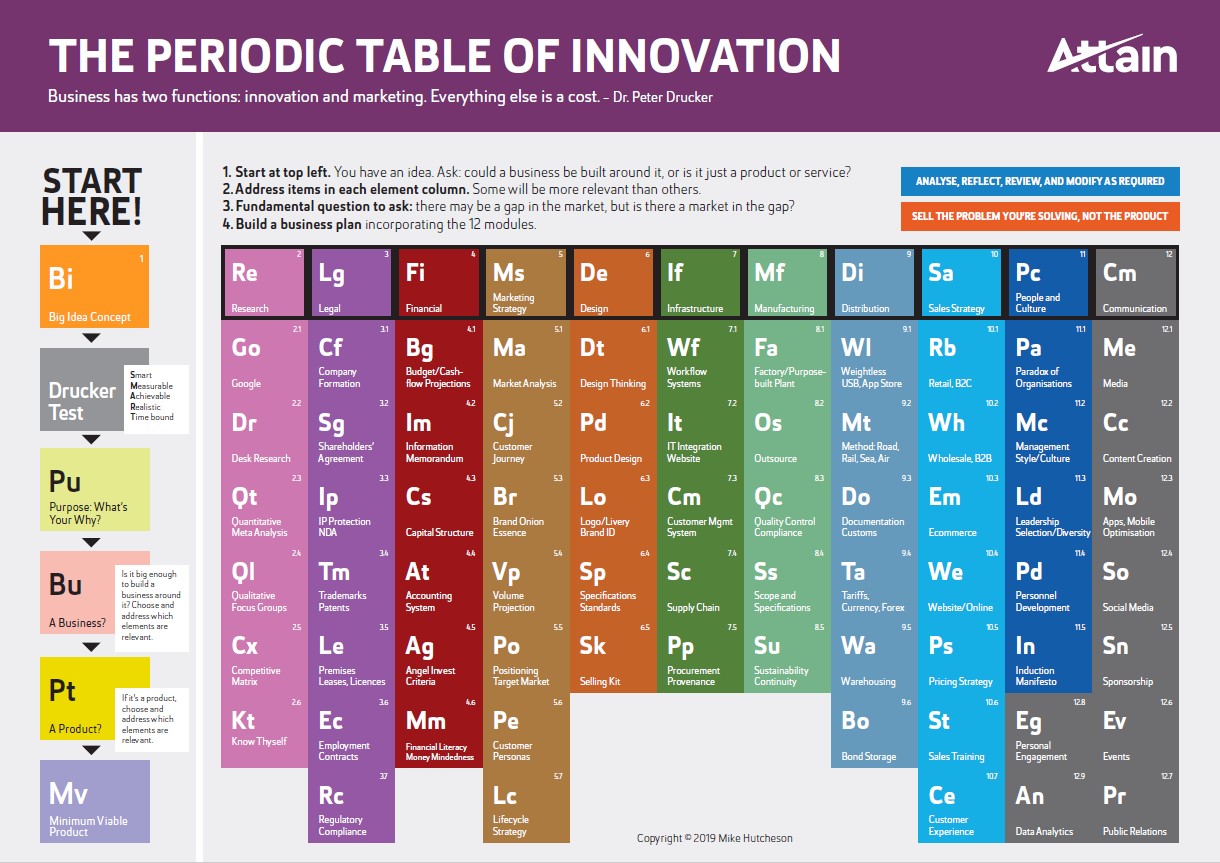
SPOT THE DIFFERENCE?
STUPID Adjective 
silly or unwise; showing poor judgment or little intelligence:
How could you be so stupid?
- stupid Some people are too stupid to realize what’s bad for them.
informal
annoying, or causing a problem:
It seems that mankind, having emerged, stutteringly, from the Stone Age, the Bronze Age, the Iron Age, the Industrial Age, the Electronic Age and the Information Age, is now plunging headlong into the Stupid Age.
To me stupidity isn’t demonstrated by lack of intelligence, although that obviously can be a factor. More insidiously it’s about poor judgment and behaviour that is either self-destructive or damaging – to oneself or others, wittingly or unwittingly.
It isn’t confined to those of low intelligence. Stupidity is demonstrated by all classes of society, rich and poor, smart and dumb, all religious creeds and cultures. With more of the world’s nations being lead (or bled) by narcissists, demagogues and charlatans, it seems to be endemic and getting worse.
The behaviour of the masses is a fascinating subject. Personally, I don’t much like them. To paraphrase Will Rogers: “I never met a man I didn’t like, but never met a crowd I did.”
The notion that collective behaviour can quickly turn to mindless mass movements is as old as time but has come into sharp focus during the Covid Pandemic. We may even be genetically programmed to follow the leader. Unfortunately, if our leaders are misguided, malign or just plain stupid, problems arise. As examples, witness the growth of fundamentalist religious movements and ideologically based political groups such as QAnon and Anti Vaxxers or Sovereign Citizens who believe their individual rights trump collective human rights. Democracy is in a very precarious position, with many of the afore mentioned demagogic strongmen itching to lead their followers to an authoritarian Stupid Age.
There are some books worth reading if you want to know the whys and wherefores of growth of cults and boom-and-bust investment cycles, or if you want to understand the reasons why teenagers take up smoking or vaping despite the overwhelming medical evidence against it.
I’ll give you a clue; read ‘in spite’ rather than ‘despite’ in the previous sentence.
The first book is Extraordinary Popular Delusions and the Madness of Crowds by Rev Charles Mackay, LLD. It was written about 180 years ago but is still as relevant as the day it was published. If you think mass hysteria was a new phenomenon, this book will dissuade you.
The preface opens: “The object … in the following pages has been to collect the most remarkable instances of those moral epidemics which have been excited, sometimes by one cause and sometimes by another, and to show how easily the masses have been led astray, and how imitative and gregarious men are, even in their infatuations and crimes.”
The author goes on to discuss and dissect such diverse topics as the 1720 South Seas Bubble, (a company formed “for carrying on an undertaking of great advantage, but nobody is to know what it is.” The shares for this secretive venture were priced at £100; with a promised annual return of 100%; After selling all of the stock in a day, the promoter disappeared and was never seen again) medieval witch mania, fallacious prophecies and false prophets, phony fortune tellers and astrologers, and the questionable predictions of seers like Nostradamus.
Of special note is Tulipomania in 17th century Holland. Tulipomania became endemic around 1634, when it was deemed proof of bad taste for a gentleman not to have a collection of tulips. At the height of the frenzy for the turban-like flowers, people were known to pay as much as $75,000 (in today’s $US) for bulbs. At the end of 1636 it was all over. A bulb was now worth a tiny fraction of that. The Dutch economy took a long time to recover from the ensuing losses. Sound familiar?
The second book is The Tipping Point, by Malcolm Gladwell. It examines why changes in our society can happen so suddenly and unexpectedly. Trends, fads and the popularity of products can spread “… like outbreaks of infectious disease. Just as a single sick person can start an epidemic of the flu (let alone spread Covid 19) so too can a satisfied customer fill the empty tables of a new restaurant.”
These are social epidemics, and the moment when they take off, when they reach their critical mass, is the Tipping Point.”
The third book I found to be the most intriguing. It’s called Critical Mass — How One Thing Leads To Another, by Philip Ball. The author’s insight is that laws of sociology and laws of physics are closely linked. In other words, the behaviour of people en masse and of molecular particles under certain conditions can be mapped and predicted — even when there is no ‘guiding hand’ or pre-determined collective objective. Random crowd behaviour, such as traffic snarls or pedestrian movements, has been shown to mirror computer modelling and vice versa. Some things are inevitable and predictable; it’s just the way life is.
This reinforces the idea that while good things can occur spontaneously, they can go bad just as quickly. It seems that for many, management of the global pandemic is no longer a health issue, they’ve been persuaded its human rights or freedom issue.
Don’t know about you, but according to the Cambridge dictionary definition, that indicates the advent of the Age of Stupid.
silly or unwise; showing poor judgment or little intelligence:
How could you be so stupid?
- stupid Some people are too stupid to realize what’s bad for them.
informal






